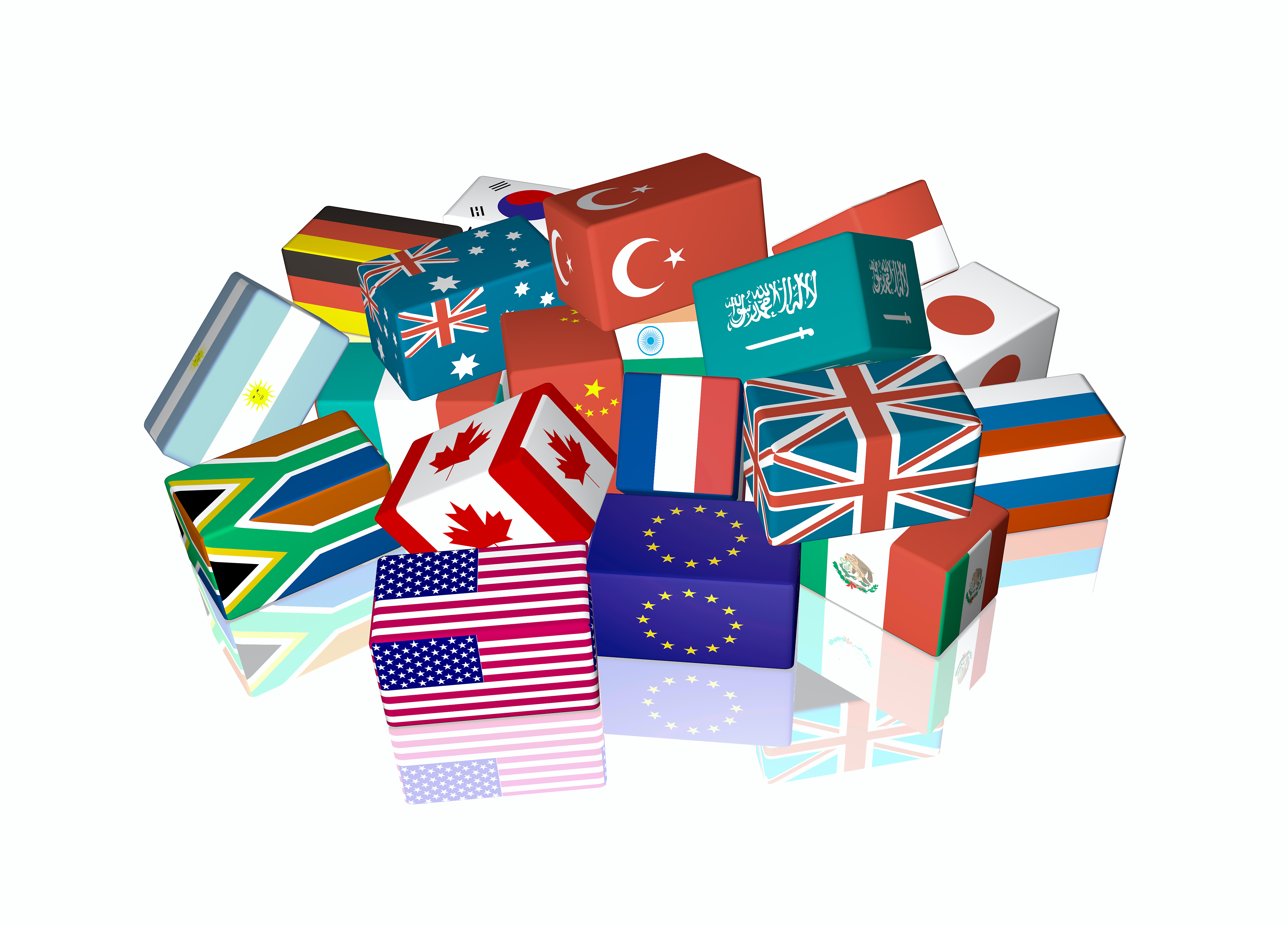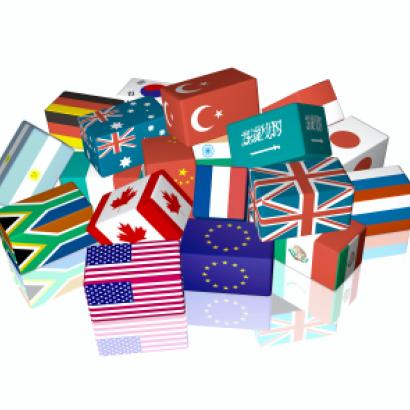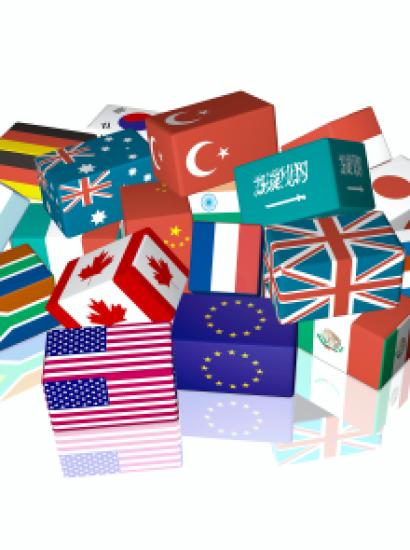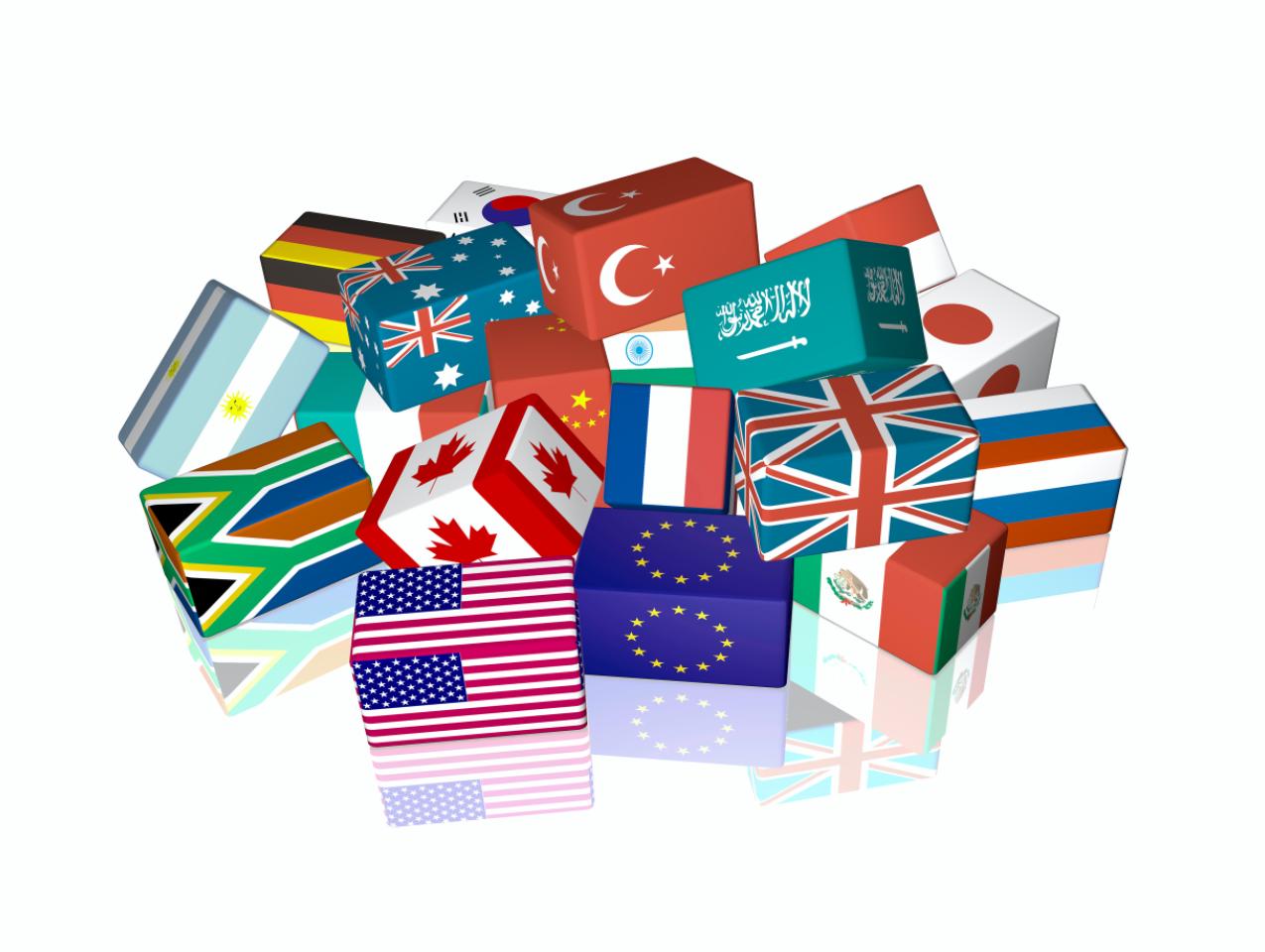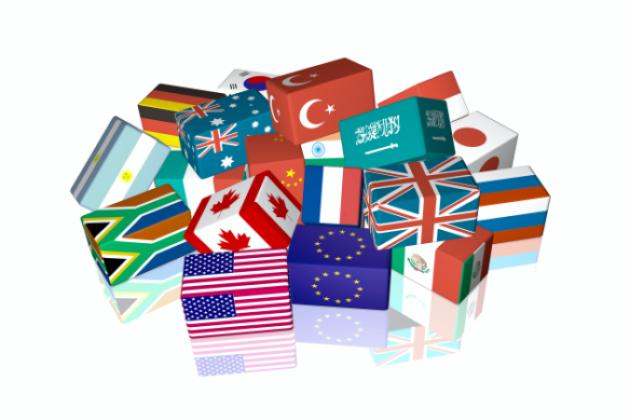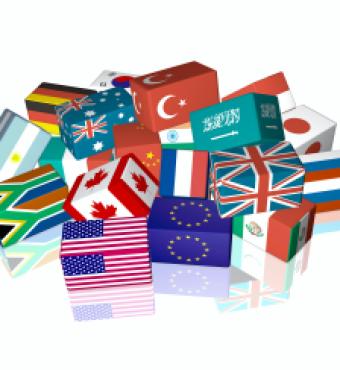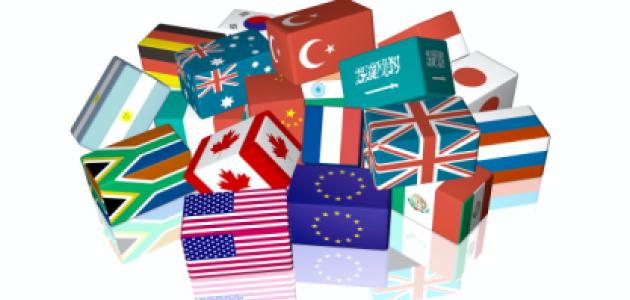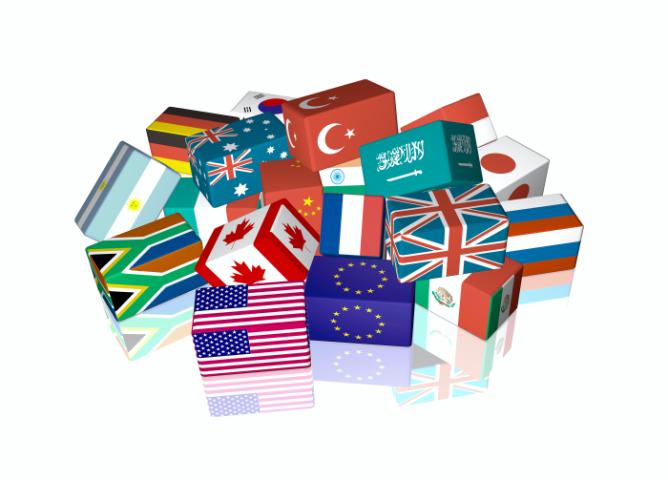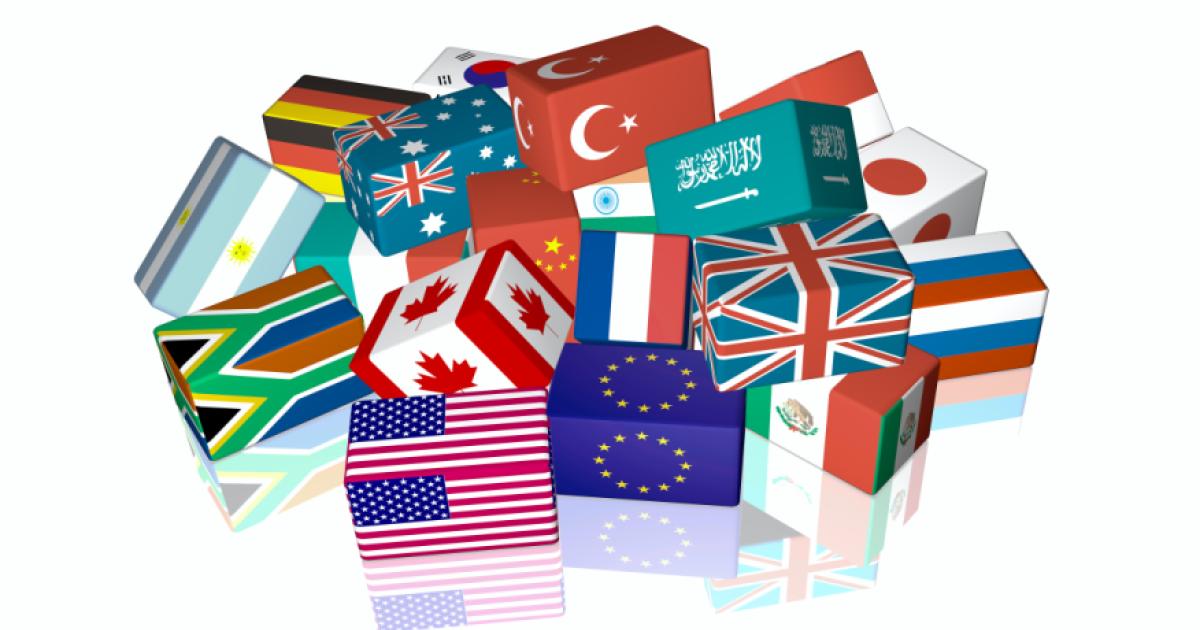By Jongryn Mo and Andrew Cooper
As the G-20 summit unfolds in Cannes, France this week, global economic policy making might appear solely to be the preserve of the very large. The pressing issue of the day is the debt crisis in the euro zone, one of the world's biggest economic blocs and home to a major currency. Europeans are turning for help to China, the second-largest economy and clearly a rising power.
But, as obvious as it sounds, the G-20 has more than a handful of members. The original impetus for the grouping was that many of the world's large economies need to be involved in policy discussions, not only a few. Sure enough, G-20 members such as Korea have a potentially important role to play, if Seoul and other similar capitals choose to do so.
Underneath the preoccupation with scrambling to stymie the European debt crisis and ensure financial stability lies a profound struggle at the G-20 to shape the future of the international economic system. Large emerging market economies seem determined to use these new stages of global financial troubles as an opportunity to change the embedded multilateral rules.






